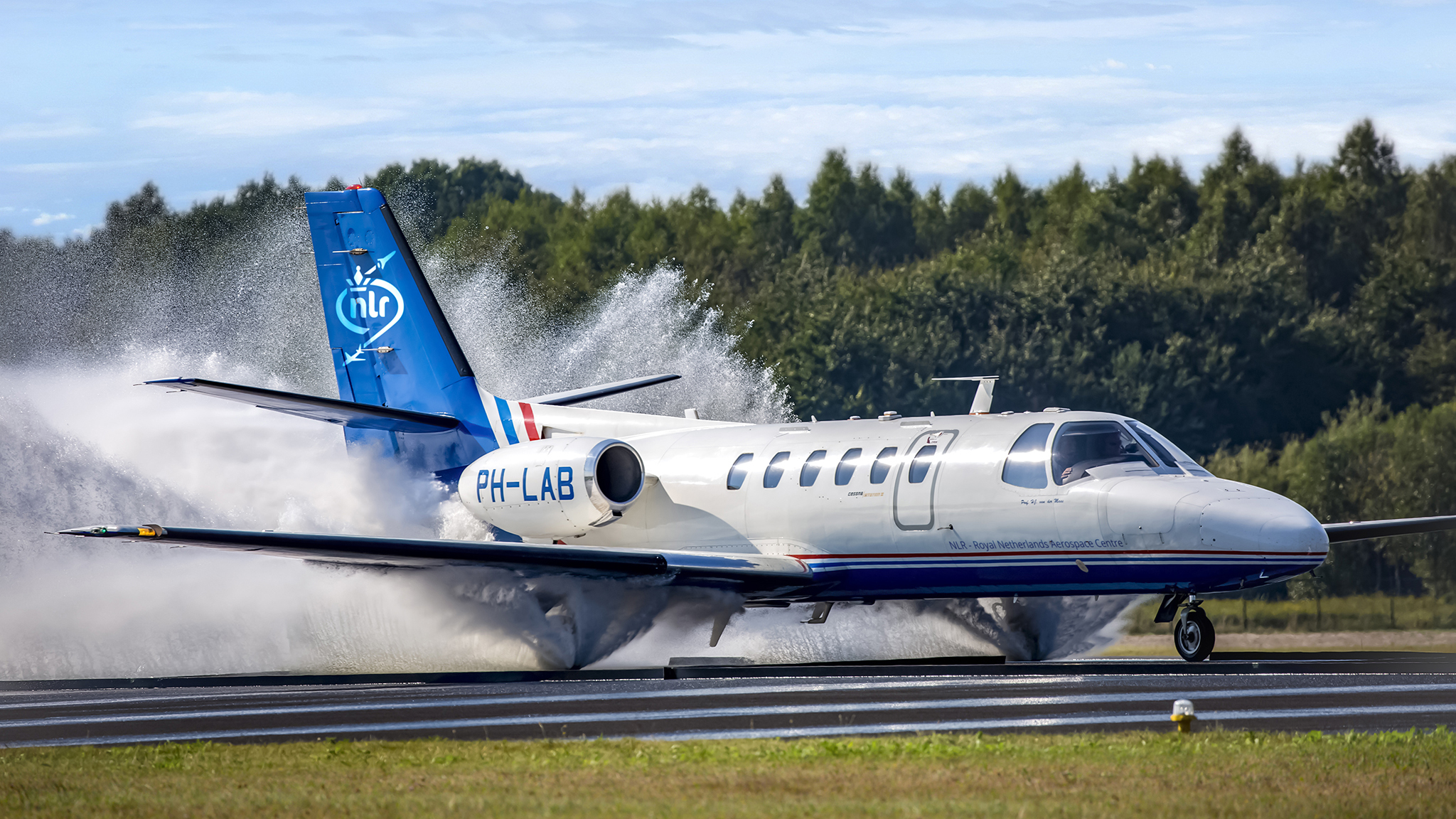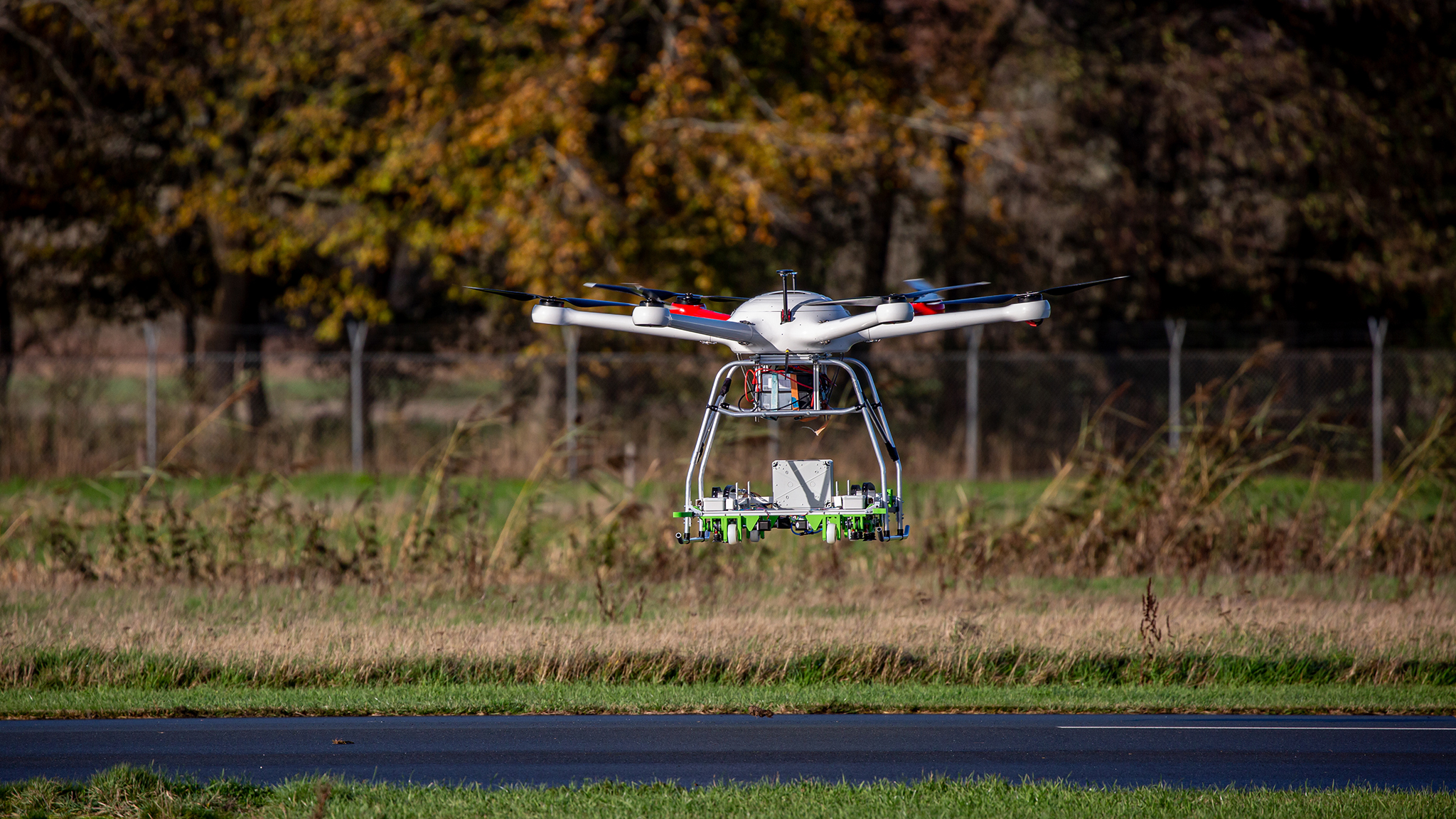
Programme
Unmanned and autonomous
Drones are a key enabler for innovative solutions to tackle rapidly changing societal, economic and security challenges. For the Netherlands to play a role in this, the government and Dutch industry, including start-ups and SMEs, must be able to create innovative drone solutions, platforms and systems in a safe, sustainable and cost-effective way, and to integrate these within the airspace.
The programme Unmanned and autonomous focuses on providing solutions to the social challenges of smart and sustainable (unmanned and autonomous) mobility and on further developing and implementing unmanned aviation, safely and with proper backing. A wide and diverse range of knowledge partners are involved in it, ministries, EASA, Eurocontrol, EREA partners, universities, plus a broad spectrum of national and international companies and associations such as the Dutch Drone Delta and the Alliance for New Mobility Europe.
“ The impact of autonomous aviation”
Programme leader Joost Vreeken on the Unmanned and autonomous knowledge programme
NLR is the knowledge partner for this. We offer support in the development, implementation and societal acceptance of unmanned and autonomous aviation, taking into account safety and minimal nuisance. We help with the realisation of safe, sustainable and affordable drone systems and the harnessing of commercial opportunities, and we support the rise of Dutch manufacturers in the area of drones and Innovative Air Mobility (IAM).
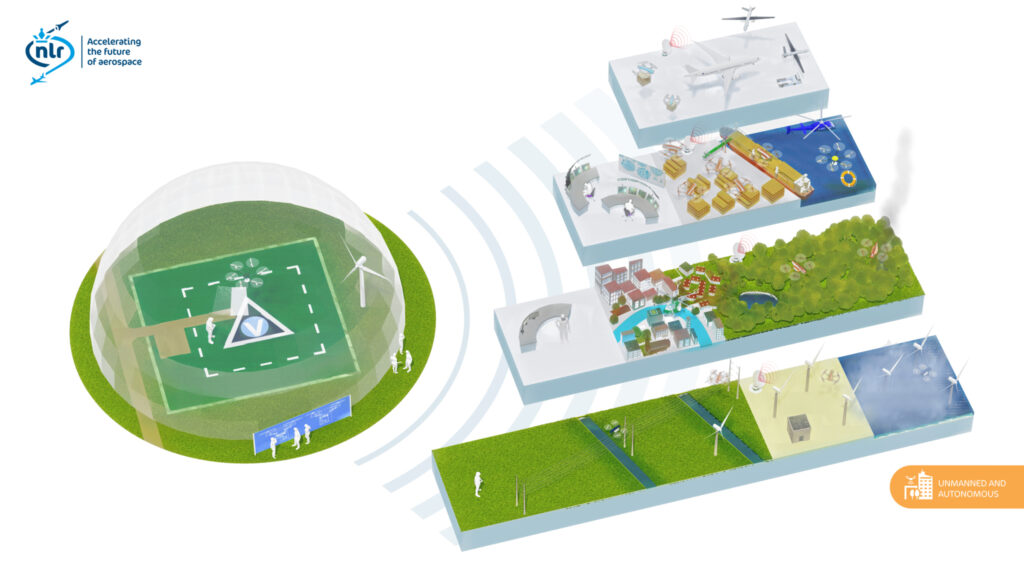
Some projects
Detect and Avoid technology (ADACORSA)
The ADACORSA project (Airborne data collection on resilient system architectures) aimed to develop a system that enables drones to fly safely in shared airspace, without collisions or other safety risks, through Detect And Avoid (DAA) technology. To achieve this goal, a Flying Testbed drone was developed and two test campaigns were conducted in collaboration with project partners. During these test flights, an Intruder drone with a Mode S transponder was used to test the detection and avoidance capabilities of the Flying Testbed drone. Additionally, a logistic use case scenario was used to test and demonstrate the functionality of all the different components developed in ADACORSA.
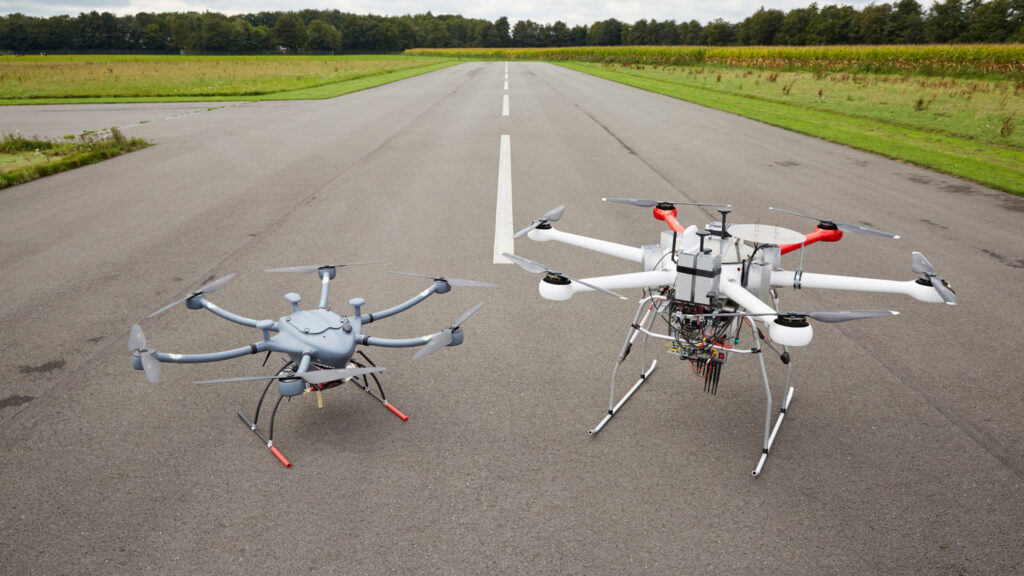
DigiCity testing environment for drones
The DigiCity project aimed to create a safe and realistic testing environment for drones, where their performance and safety in urban environments can be tested and improved. The project consisted of two parts: the development of a 28kg VTOL inspection drone in collaboration with Shore Systems, which was subsequently tested at the NLR Drone Centre, and the development of the DigiCity facility, a testing environment where drones can fly in a simulated urban environment, created using stacked shipping containers. To investigate the effects of the urban environment on drones, wind tunnel tests and magnetic interference measurements were conducted, and a blueprint was developed for noise measurements in DigiCity.
This project is funded by Kansen voor West.
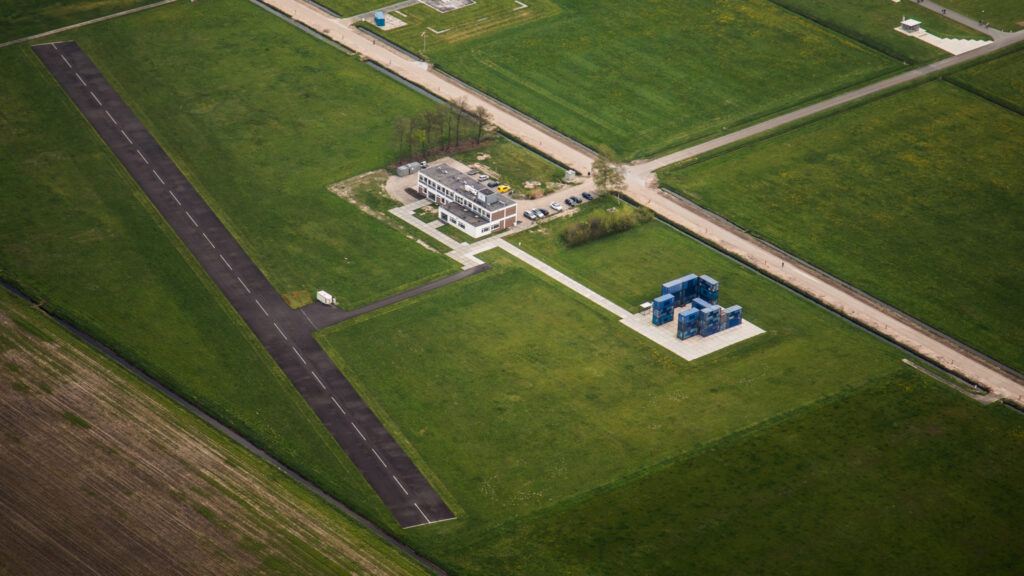
Situational awareness (SymAware)
In the SymAware project, a situational awareness model has been developed for multi-agent concepts, which represents the dynamic knowledge of each agent about states, such as positions and velocities, plans (intent), uncertainties, and risks. This model forms the basis for decisions and interactions between agents. The model is being applied in a use case with drone and air taxi operations, where knowledge about intent and risks is used to develop new detect and avoid (DAA) systems. This enables agents to better understand their environment and respond adequately to changes.
This project has received funding from the Horizon Europe – the Framework Programme for Research and Innovation, under the grant agreement 101070802
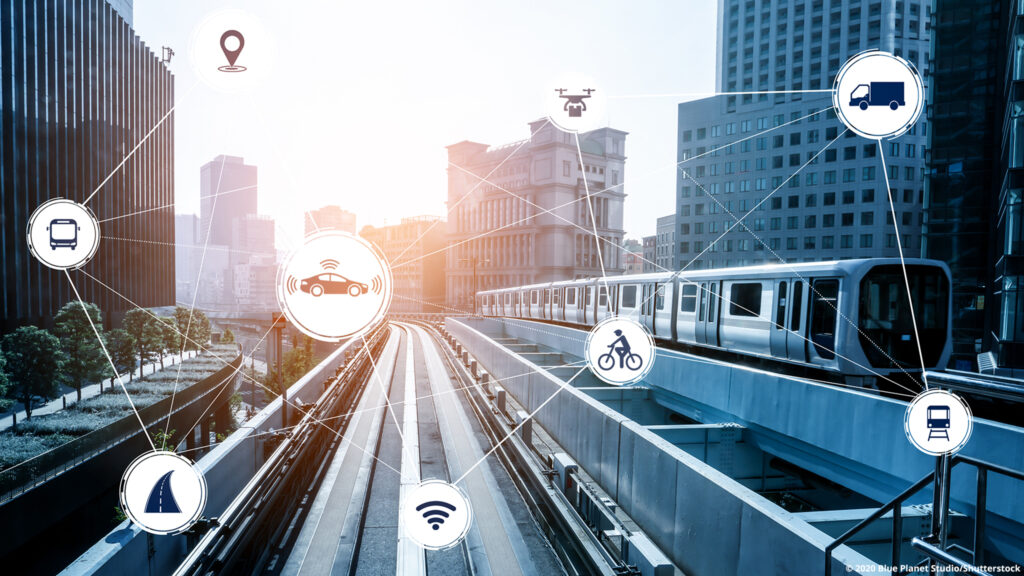
Discover more knowledge and technology
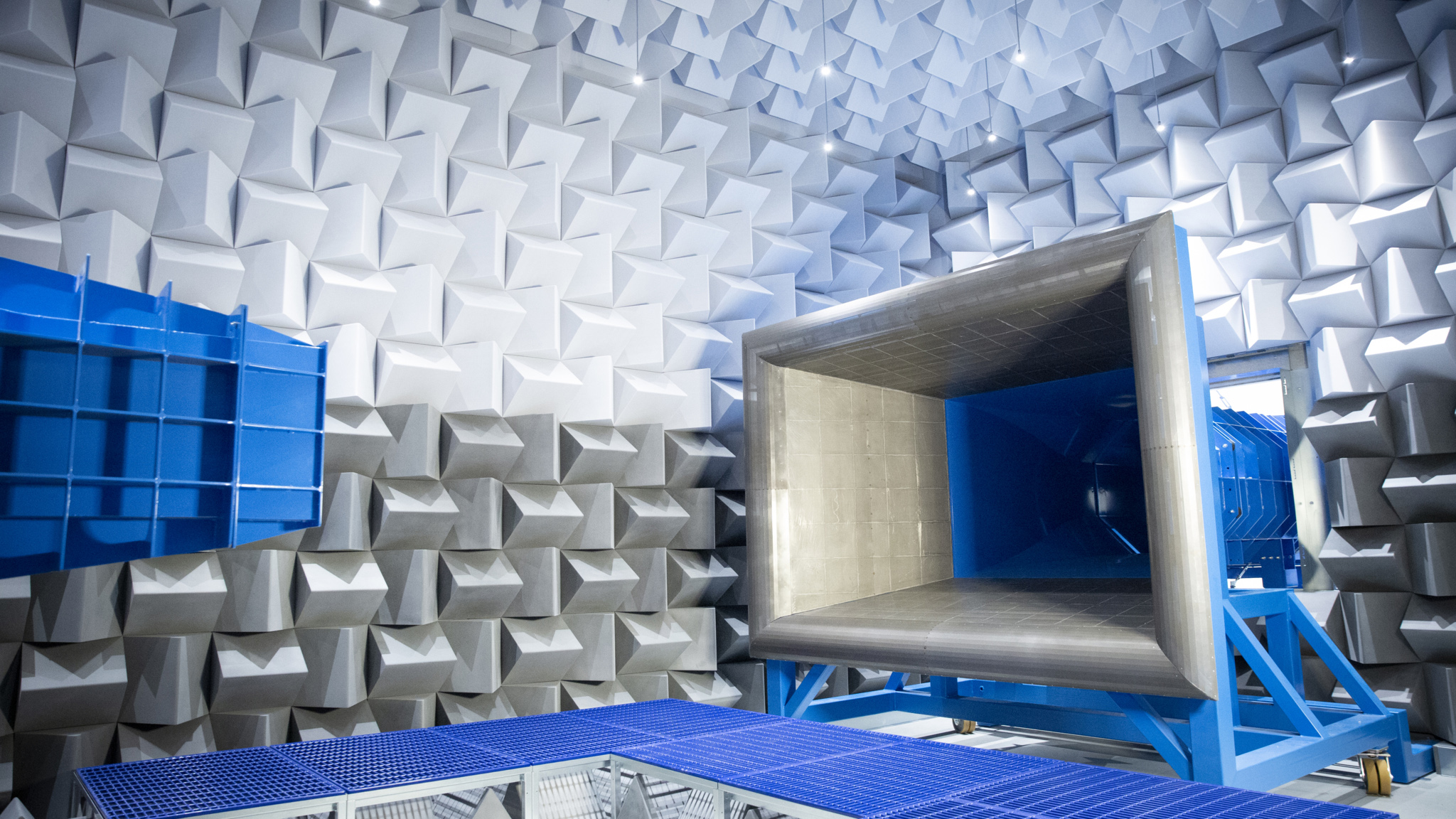
Research infrastructure
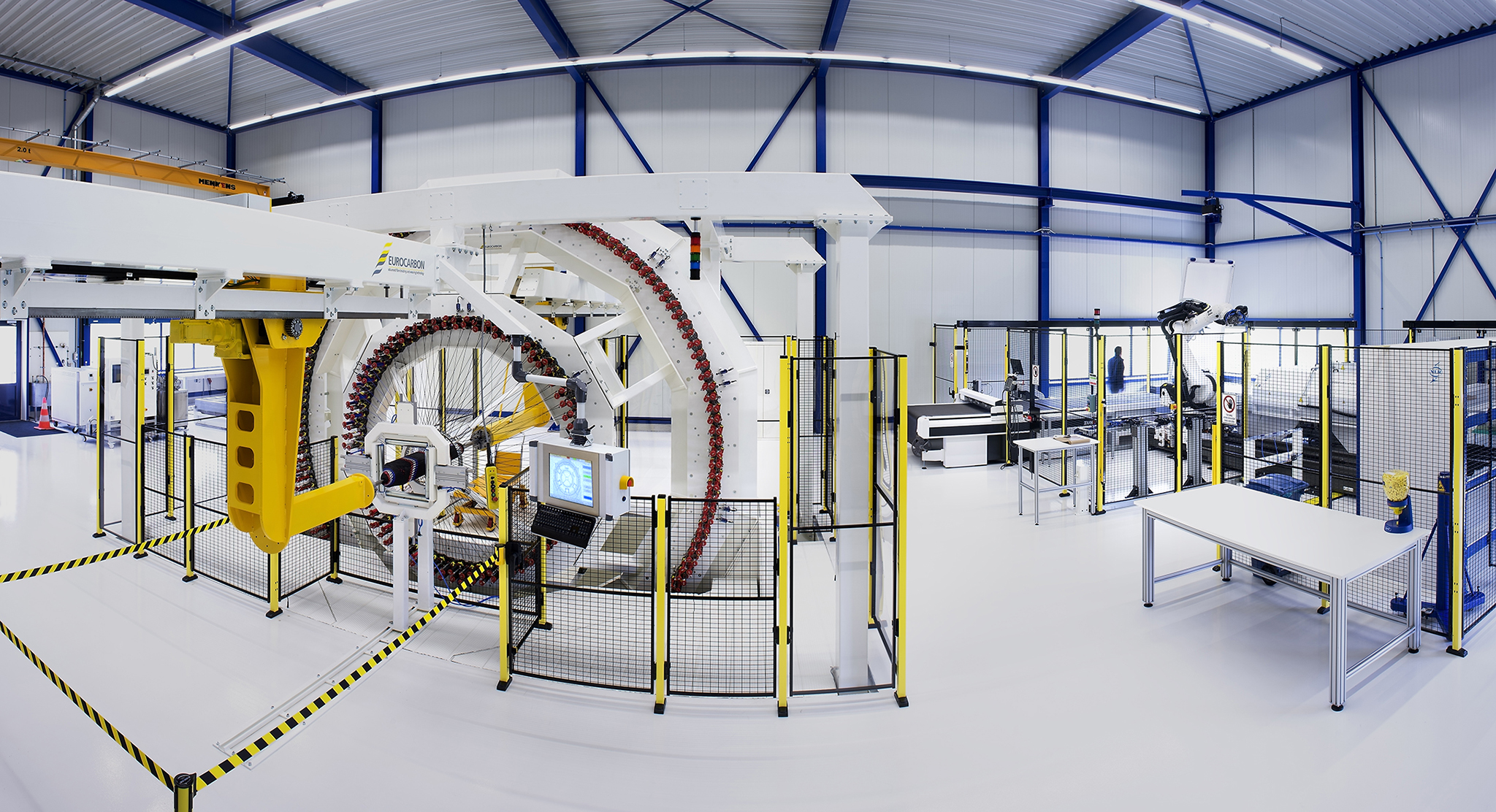
Areas of expertise
